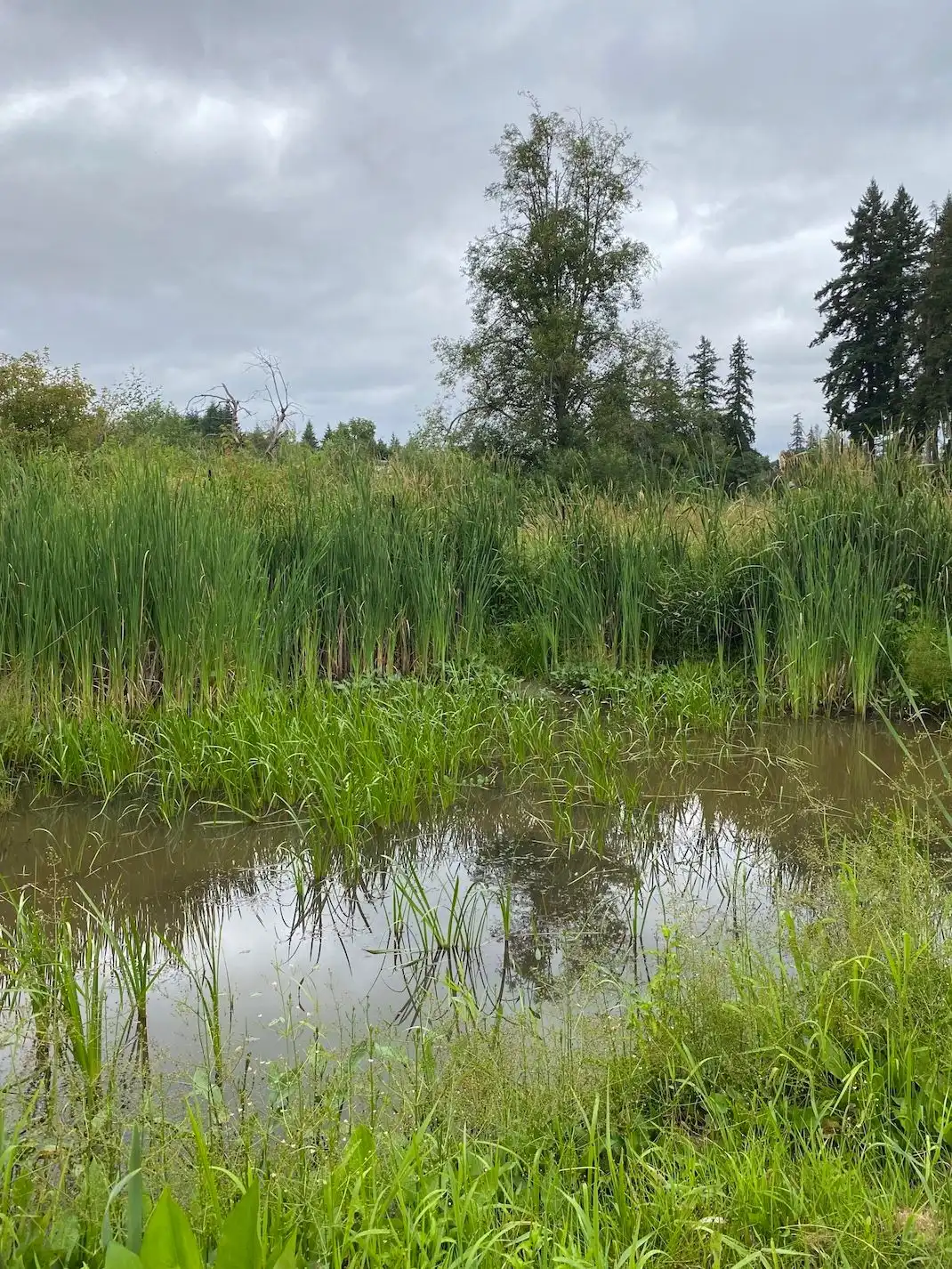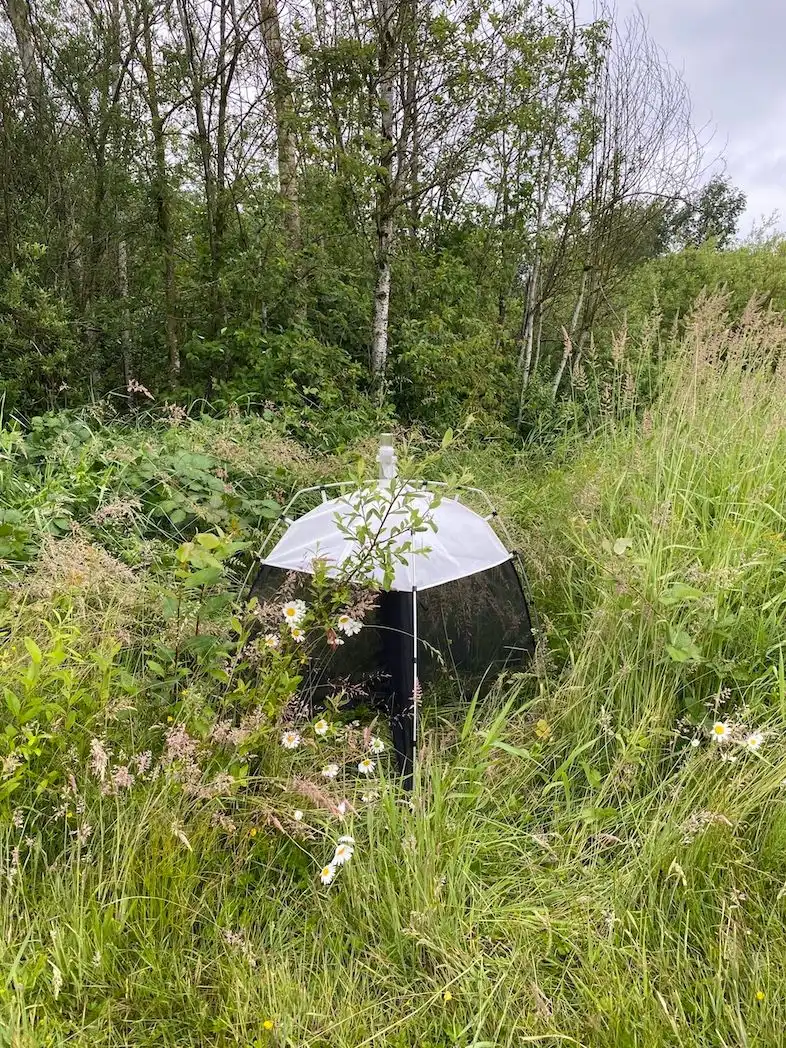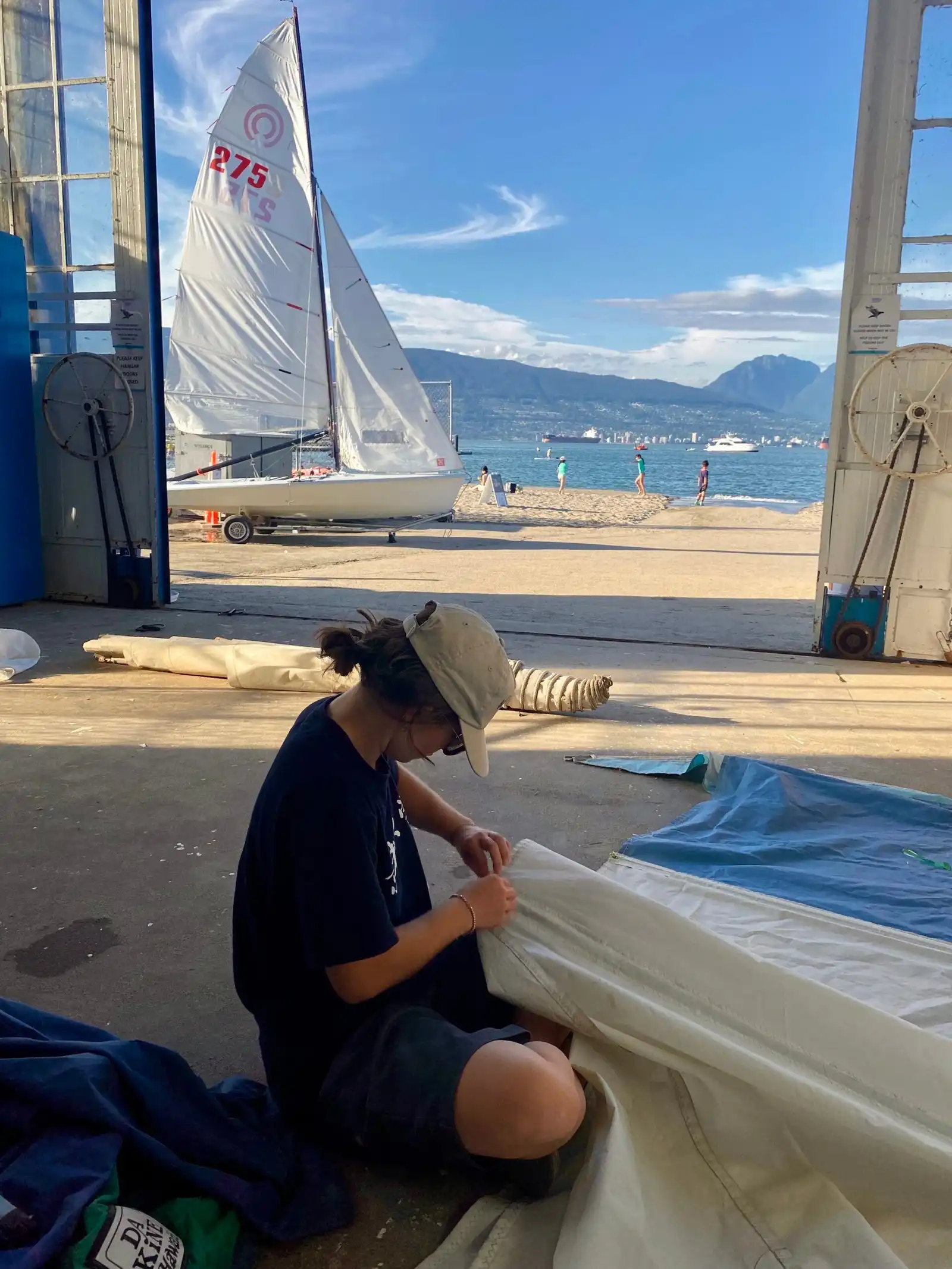Home>Sailing, Science, and Sustainable Agriculture: A CARE Experience in Vancouver
14.09.2025
Sailing, Science, and Sustainable Agriculture: A CARE Experience in Vancouver
This post is part of a series highlighting students’ experiences in the CARE Program, showcasing how the program shapes learning, action and personal growth around climate and environmental and issues. In this post, Anouk, a Master’s student in Environmental Policy at PSIA, Sciences Po, shares her three-month research journey at the University of British Columbia. She reflects on her work analyzing agricultural and environmental policies, the interdisciplinary PERCS project on perennial ecosystem restoration, and the personal insights gained from living and learning in Vancouver.

Thanks to the CARE project, I had the opportunity to spend three months at UBC, contributing to a research project that brought together my two main fields of interest – agriculture and the environment – through the perspective I have been studying at Sciences Po for five years now: public policy.
For the PERCS (Perennial Ecosystem Restoration for Carbon Sequestration in Canadian Agricultural Landscapes) project, an interdisciplinary research project, I was asked to conduct a review of policies, at both the provincial (British Columbia) and federal levels, that support the conservation and restoration of non-production perennial vegetation – woody or herbaceous vegetation that persists for several years and that does not directly contribute to agricultural production, such as trees, buffer strips, shrubs, hedgerows and riparian vegetation.
These perennial plants embody the tension within agricultural landscapes between maximizing production and maintaining healthy environmental conditions. They take up productive land, but at the same time provide essential ecosystem services: they are habitats for wildlife, sequester carbon, and filter runoff from pesticides and fertilizers, among many other benefits.
I had previously worked on a one-year project about policies with similar objectives at the European level by looking at the agri-environment climate schemes (AECS) of the Common Agricultural Policy (CAP) during my Bachelor of Arts and Sciences (BASc). This internship was a great opportunity for international comparison. It revealed that Canadian policies are less comprehensive than those in the EU, but at the same time less burdensome for farmers – a concern often raised in the European context.
The scope of my research was limited to providing a high-level overview of policies, and I regret not having had more opportunities to spend time on farms and hear directly from farmers about their experiences with the policies they must comply with.

Beyond the rich learning I gained on the content of the project itself, this research experience at UBC allowed me to work with brilliant scholars who taught me a lot – academically as well as on a human level.
Academically, they exposed me to a wide range of methods, from systematic reviews to more exploratory approaches, as well as interviews. Most importantly, they convinced me of the value of research for analyzing and designing public policies that are both effective and fair for farmers. With these few months in UBC, combined with previous research experiences, I can say with confidence that sooner or later, research will be part of my career and my ambition to contribute to a fair and sustainable agriculture.
On a human level, I was deeply inspired by their warmth and their openness in welcoming me into their lives, both professionally and privately. Perhaps this was a cultural difference, or simply a North American way of relating, but I hope to carry with me some of this ease in building relationships as I move forward in my professional path. Our exchanges went far beyond weekly professional meetings, with invitations to dinners at my supervisor’s home with her family, as well as social lunches with other team members. They gave me the example of a life where professional commitments matter considerably, yet where behind every professional is a human being with a private life, family obligations, passions, and a personality of their own. For some this may seem self-evident, but for a young student still shaping her professional identity, it is important to be reminded that a career is not only the accumulation of studies and past work experience, but rather the intersection of these with one’s personal history and everyday life.
This experience has thus had the immense merit of softening the way I view my professional identity, and has inspired me to give it a more human and passionate dimension.

And since it now seems in the spirit of this article to move beyond the purely professional dimension of my UBC experience, I should also mention the activities that made my summer in Vancouver particularly memorable. Beyond the many spectacular hikes in the surrounding mountains, sailing had the greatest impact on me. On one hand, I learned to sail and developed a strong desire to explore the world differently, ideally aboard a sailboat. On the other hand, I met PhD students who profoundly marked me and reinforced my determination to remain close to the world of research, for its ability to cultivate great minds and to reveal the unexpected richness of subjects – from the cultivation of giant kelp by Indigenous peoples to the use of tools by sea otters.
Got a question?
Please contact Céline Cantat